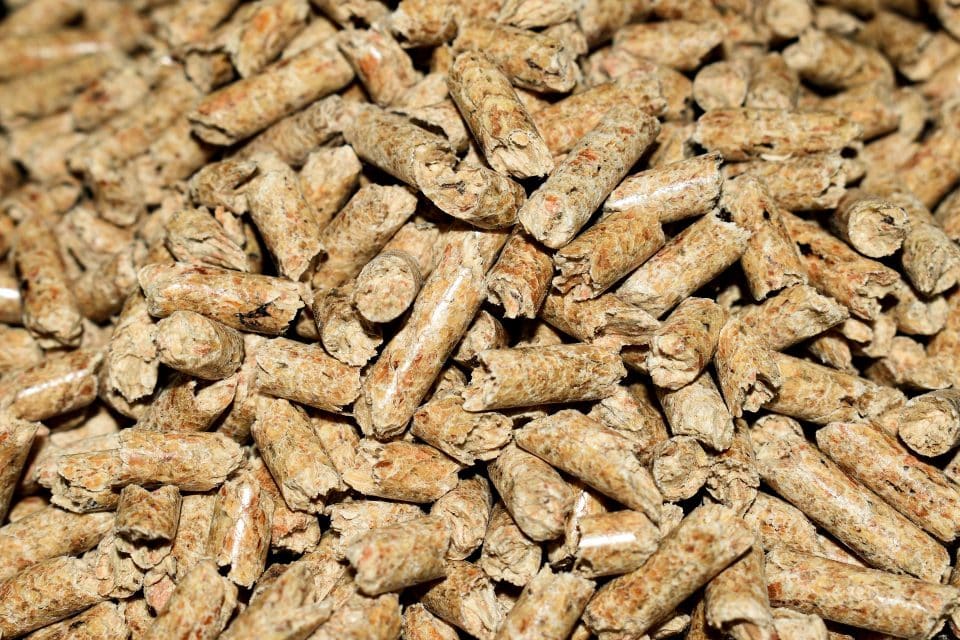Heat your home and water from renewable energy
Biomass boilers, simply stated, are boilers that burn wood logs, woodchips, wood pellets and a variety of other biodegraded materials, as an alternative to burning fossil fuels like gas and oil.
There are two main ways to use biomass:
- Biomass Stoves / Fires – which simply provide space heating for a room. These can be fuelled by logs or pellets; typically they are 5-12 kw in heat output and some models are fitted with a back boiler which can also provide water heating.
- Biomass Boilers – these are connected to your existing central heating and hot water systems. Typically they are larger than 15 kw in heat output.

Biomass Boilers provide a range of benefits as follows:
-
They will lower your fuel bills, especially if you are replacing conventional electric or oil or LPG heating.
-
They lower your home’s carbon emissions, depending on which fuel you are replacing.
-
They are not subject to temperature changes which affect their output heat.
-
They can heat your home and provide and hot water.
-
They are very undisruptive to install.
-
They are a ‘fit and forget’ technology which requires little or no maintenance.
The Carbon Cycle
Using Biomass is a “carbon neutral” process as the CO2 which is released from burning biomass is balanced by the CO2 that absorbed during the fuel’s production.
Plants and trees use carbon dioxide during their growth absorbing energy from the sun. When trees and wood chip etc are burned they release the carbon back to the atmosphere as C02. Providing we replace the plants and crops that are harvested and burned we can maintain what is known as the Carbon Cycle. However, we must actually plant marginally more than we are burning to compensate for the amount of energy required to plant, harvest and transport the biomass fuel.
The newly planted crops absorb the C02 released by the burning of the previous crop, thereby making the cycle low carbon. However, we must plant at least as much as we are burning, if not more. The amount of energy required to plant, harvest and transport the biomass fuel means that more carbon is emitted than the crop has absorbed. Thus every planting cycle must be incrementally larger than the previous crop.
Biomass Boilers are a proven environmentally friendly and a low carbon source of energy.

Savings
Biomass is significantly less expensive to run than oil and LPG; but not cheaper than mains gas. A biomass boiler which connected to a central heating and hot water system will save you circa £600 a year compared to electric heating or £400 a year compared to oil.